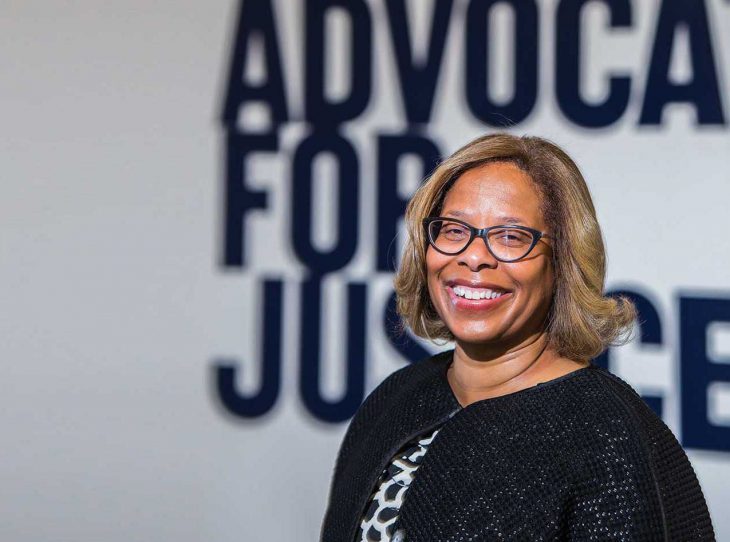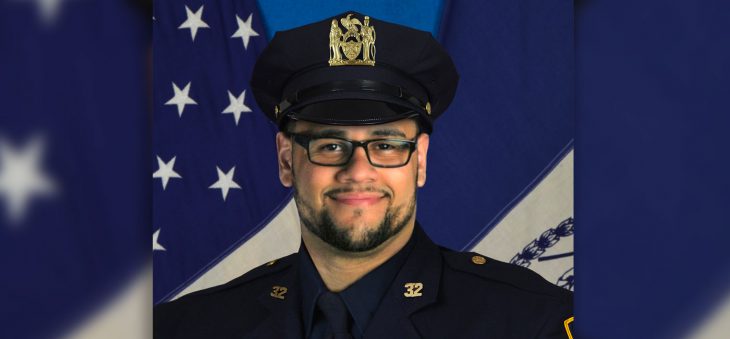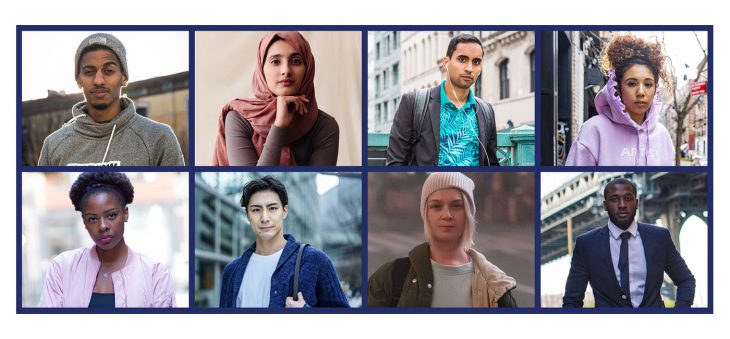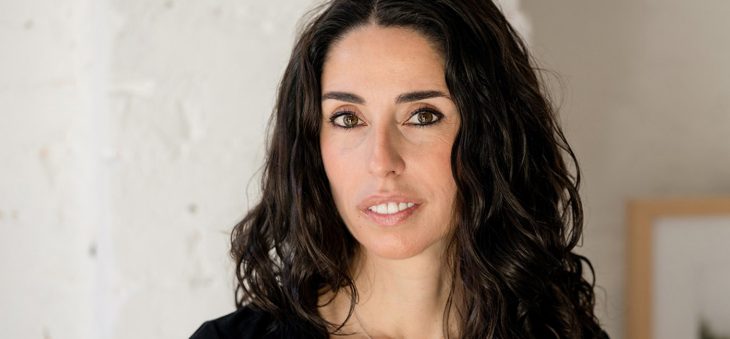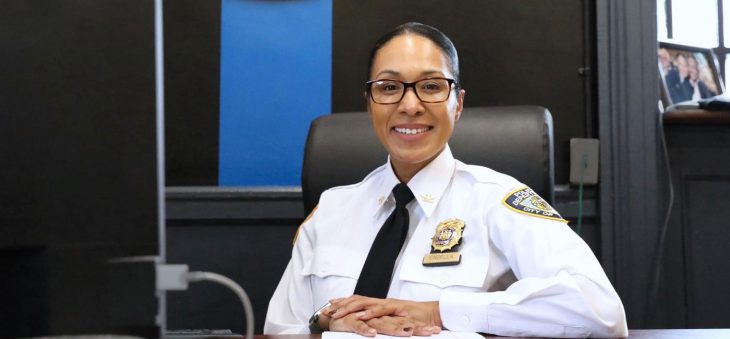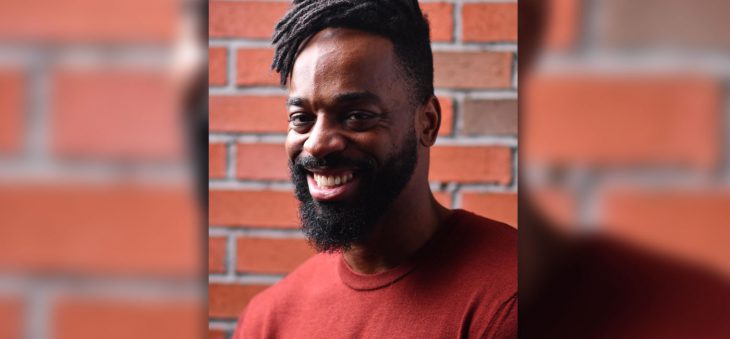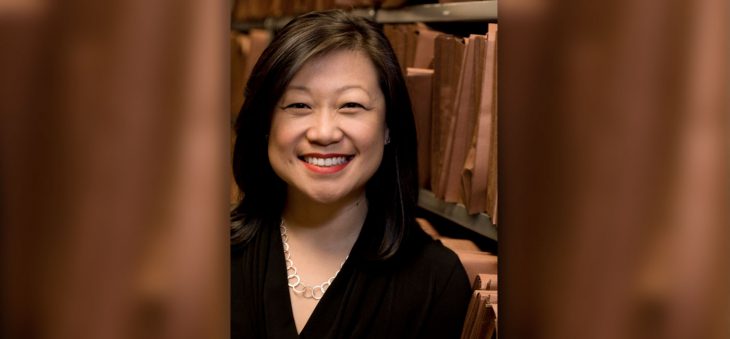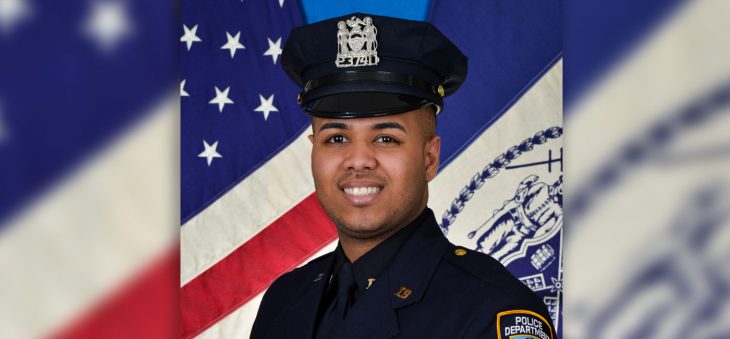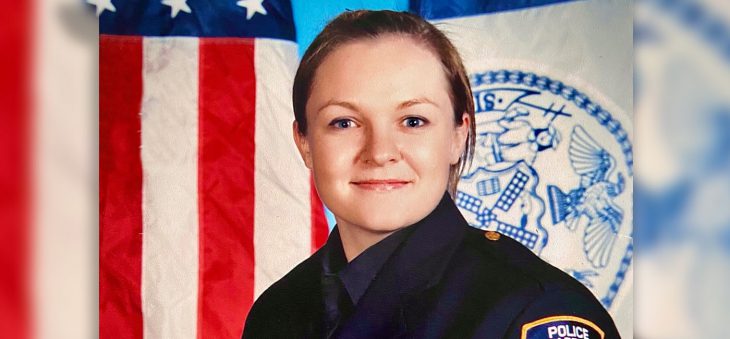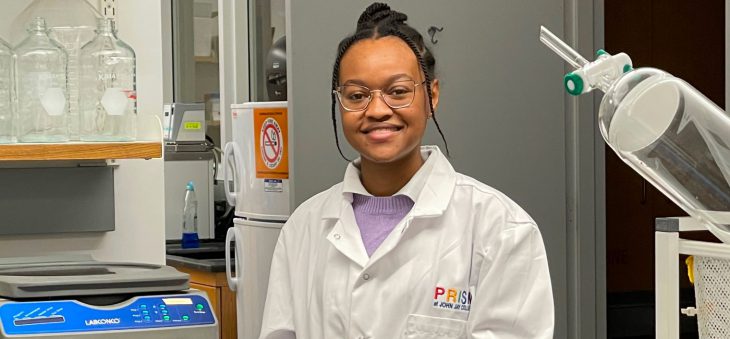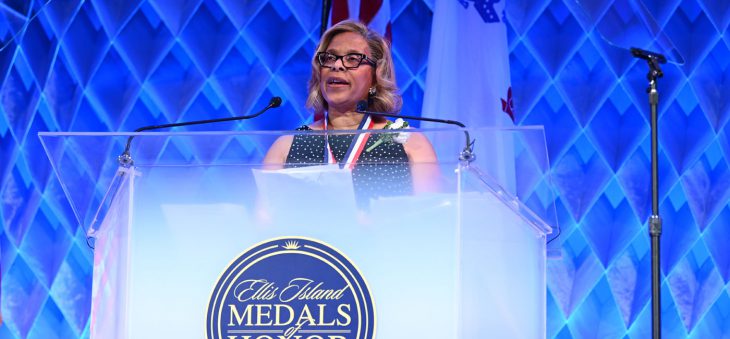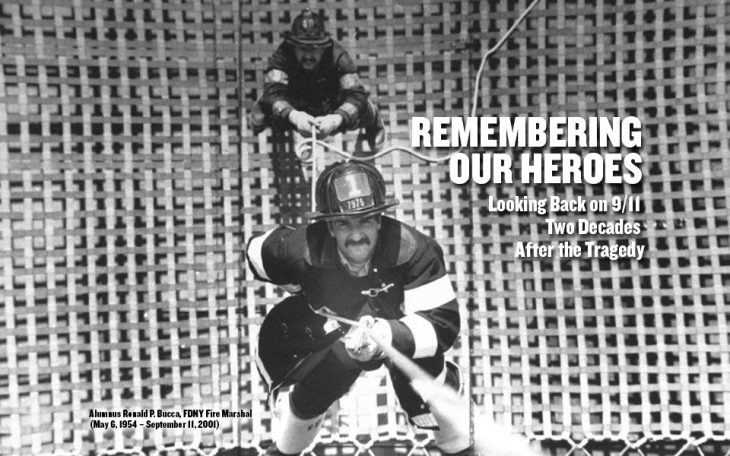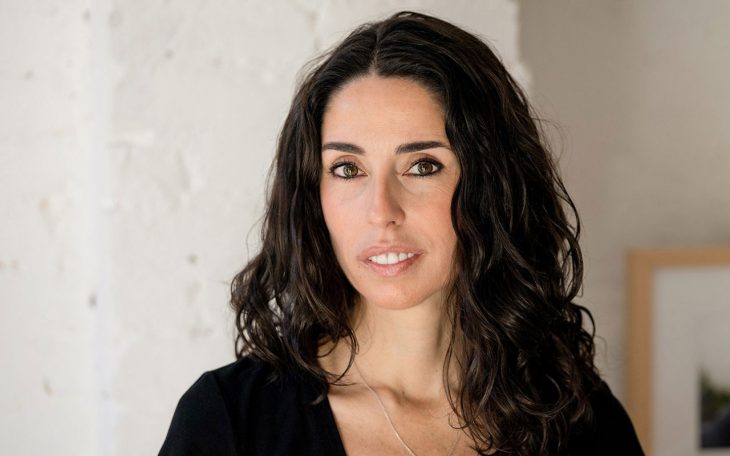The Andrew W. Mellon Foundation Awards a $1.5 million Grant to the Prisoner Reentry Institute
The Prisoner Reentry Institute (PRI) at John Jay College has helped hundreds of criminal justice-involved individuals get a new lease on life. And, thanks to a $1.5 million grant from The Andrew W. Mellon Foundation, PRI will continue to help hundreds more. The grant will support the expansion of PRI’s education and reentry initiatives for current and formerly incarcerated students. PRI helps them successfully reenter communities, the workforce, and institutions of higher education, after contact with the criminal justice system.
“I am honored that The Andrew W. Mellon Foundation continues to believe in our mission and support this work,” said PRI Executive Director, Ann Jacobs. “This grant will enable PRI to expand its college-in-prison program, the Prison-to-College Pipeline (P2CP); work within CUNY on a university-wide strategy for supporting students after justice involvement; and contribute toward a coordinated, statewide approach for providing higher education in correctional facilities.”
John Jay Launches New Cohort Program LEAP
Seeing the positive impact cohorts have on student success, this fall 2019, John Jay College launched Linking Experience, Academics, and Practice (LEAP). The new cohort-based program, funded by the generous support of the Booth Ferris Foundation, marks the first time all incoming freshmen at the College will have access to multi-year cohort program support. Cohort-based models have proven to be effective in providing students with a greater sense of belonging, self-confidence, and leadership skills, while also enabling students to learn to network within their cohort and other groups, and to stay competitive when pursuing graduate and career opportunities.
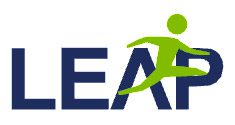 LEAP applies the most effective tools and practices from already existing programs at the College—such as Accelerate, Complete, Engage (ACE)—that have demonstrated success at increasing student retention and graduation rates. Students in LEAP won’t have to meet any eligibility requirements, other than not being in another cohort-based program, making it more inclusive and available to a larger group of scholars that is representative of the College’s population. LEAP will provide students with tailored major and career exploration, intensive academic advisement, and access to experiential learning opportunities.
LEAP applies the most effective tools and practices from already existing programs at the College—such as Accelerate, Complete, Engage (ACE)—that have demonstrated success at increasing student retention and graduation rates. Students in LEAP won’t have to meet any eligibility requirements, other than not being in another cohort-based program, making it more inclusive and available to a larger group of scholars that is representative of the College’s population. LEAP will provide students with tailored major and career exploration, intensive academic advisement, and access to experiential learning opportunities.
John Jay’s Vision for Student Success
Nationally, there is a crisis in college completion, particularly for students from low-income households and students of color. However, research shows that institutions committed to improving graduation rates can achieve this goal when their leaders are intentional. With a singular focus on student success, John Jay is just such an institution. “It’s a place where everyone—first-generation students, working students, immigrants, parents, and veterans—can transform their lives with a justice-focused education,” said President Karol V. Mason.
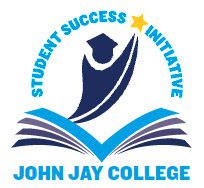 John Jay is leading the way in providing its diverse and historically underrepresented students—nearly 75 percent of students are from minority backgrounds and more than half come from low-income households—with an education that cements the foundation for not only their college graduation, but also their post-graduate and career success, as well as civic participation, leadership, and lifelong learning. To achieve this, John Jay is building on and expanding the approaches that are working at the College, such as the proven cohort-based support programs. These programs have higher retention, faster credit accumulation, and better graduation rates among participating students. The College is also testing new technologies and strategies to help scale and more strategically target support for at-risk students. To learn more about John Jay’s Vision for Student Success, visit the president’s page on the College website.
John Jay is leading the way in providing its diverse and historically underrepresented students—nearly 75 percent of students are from minority backgrounds and more than half come from low-income households—with an education that cements the foundation for not only their college graduation, but also their post-graduate and career success, as well as civic participation, leadership, and lifelong learning. To achieve this, John Jay is building on and expanding the approaches that are working at the College, such as the proven cohort-based support programs. These programs have higher retention, faster credit accumulation, and better graduation rates among participating students. The College is also testing new technologies and strategies to help scale and more strategically target support for at-risk students. To learn more about John Jay’s Vision for Student Success, visit the president’s page on the College website.

